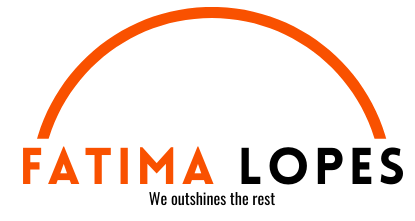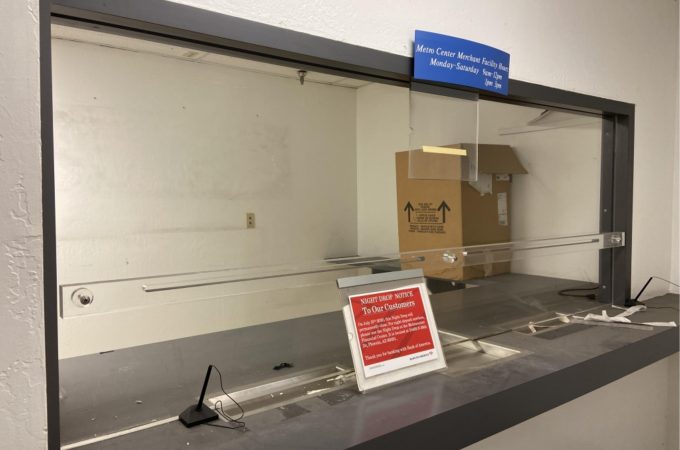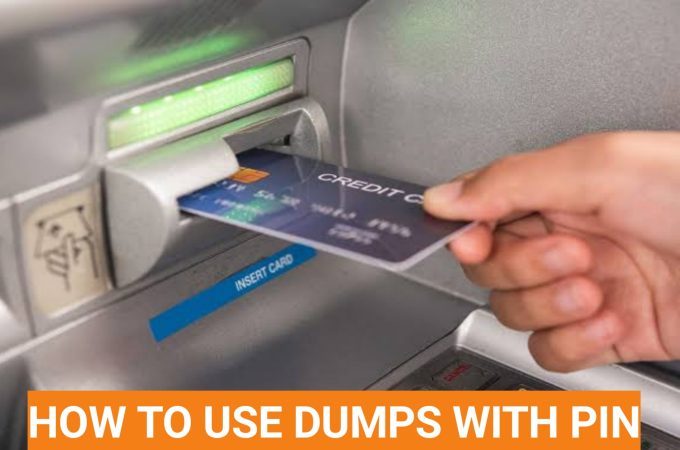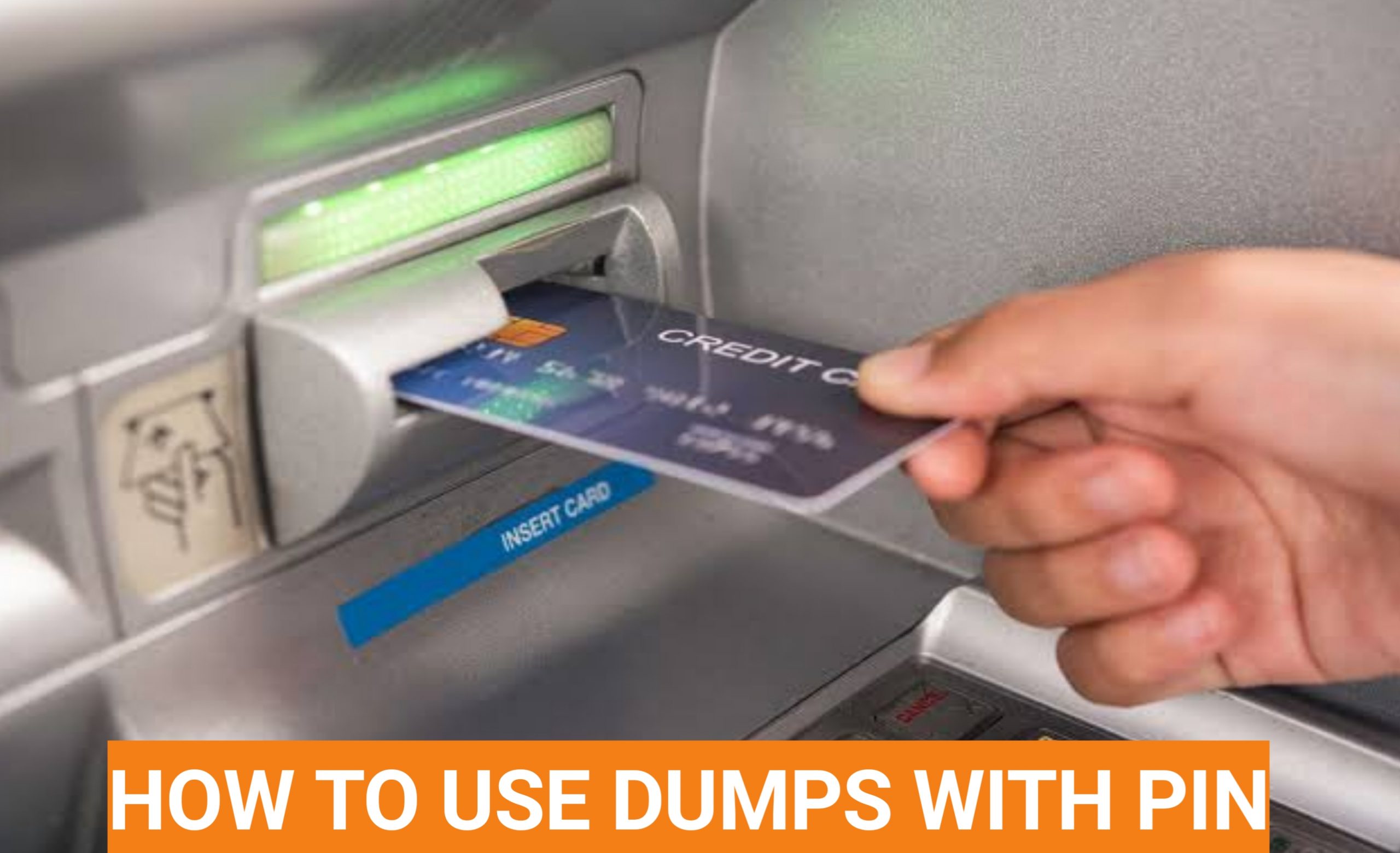Investing in a high-quality teller window is an important decision for any business. The teller window is the first point of contact between customers and the business, and it greatly impacts customer experience and safety. A well-built, secure teller window can make all the difference in customer satisfaction. Here’s why investing in high-quality teller windows is crucial for your business:
Security
The most important factor to consider when investing in teller windows is security. Higher quality materials provide more robust protection against theft and vandalism. They are also designed with features such as bulletproof glass, secure locks, and tamper-resistant hardware that further enhance security. This prevents criminals from accessing sensitive information or stealing cash from within the building.

Durability
High quality teller windows are more durable than lower quality models which can save businesses money over time. As they are constructed using sturdier materials, they last longer and require fewer repairs or replacements. In addition to this, they also perform better under extreme heat or cold temperatures, meaning they don’t need to be replaced as often due to damage caused by weather conditions.
Appearance
Teller windows should look professional and inviting as this will reflect positively on your business image. Customers expect to see quality products when they visit your place of business; therefore having a good looking teller window will help create the right impression with existing and potential customers alike. High-quality models come in a variety of shapes and styles so you can choose one that best suits your needs and reflects positively on your brand identity too.
Customer Experience
Having a reliable, safe, and well designed teller window helps ensure that customers have an enjoyable experience when visiting your shop or bank branch. It provides them with peace of mind knowing that their transactions are being handled securely, efficiently, and professionally – something which could potentially drive up sales if done correctly! Additionally, customers may appreciate having access to other services such as ATM machines located behind the teller window for convenient banking options too (if applicable).
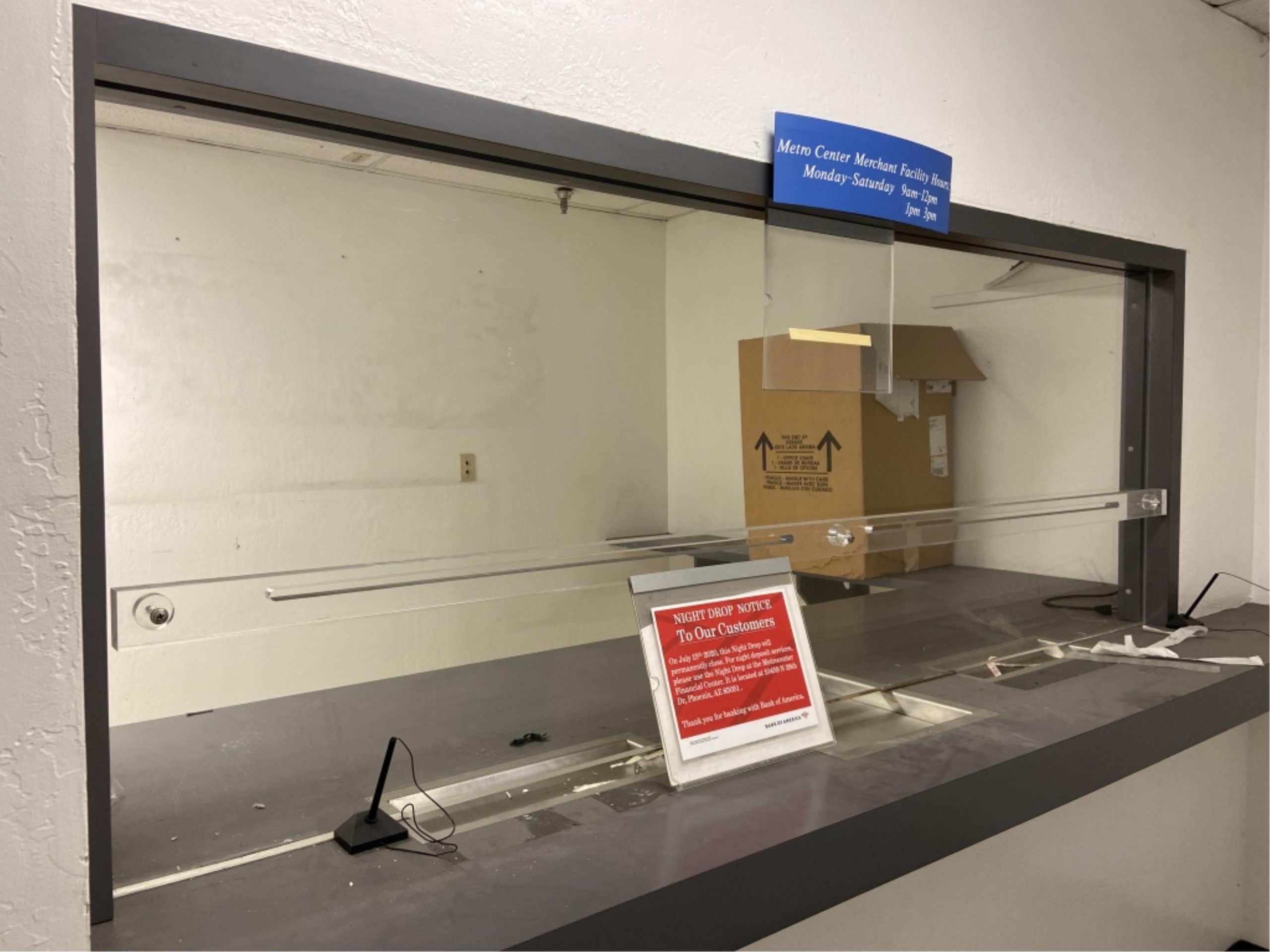
Cost Savings
While investing upfront in higher quality materials may require more money initially compared to lower quality options; it often pays off in terms of cost savings over time due to reduced repair costs related to wear & tear plus greater durability performance-wise – especially under extreme temperatures/conditions etc.. Therefore businesses should always consider these factors before making any decisions about purchasing new teller windows for their premises!
Conclusion
In conclusion, investing in a high-quality teller window is essential for any business looking to improve customer service levels while providing ultimate security at the same time! Not only do these types of products offer greater durability but also enhanced visual appeal too – ensuring people feel safe whenever they transact through them! Plus, there’s the added bonus of potential cost savings associated with reduced repair bills thanks to increased longevity & product performance even under extreme environments etc… Ultimately choosing the right type & model based on budget& specific requirements will ensure businesses get maximum value out their investment going forward whilst still maintaining top level safety standards at all times!
